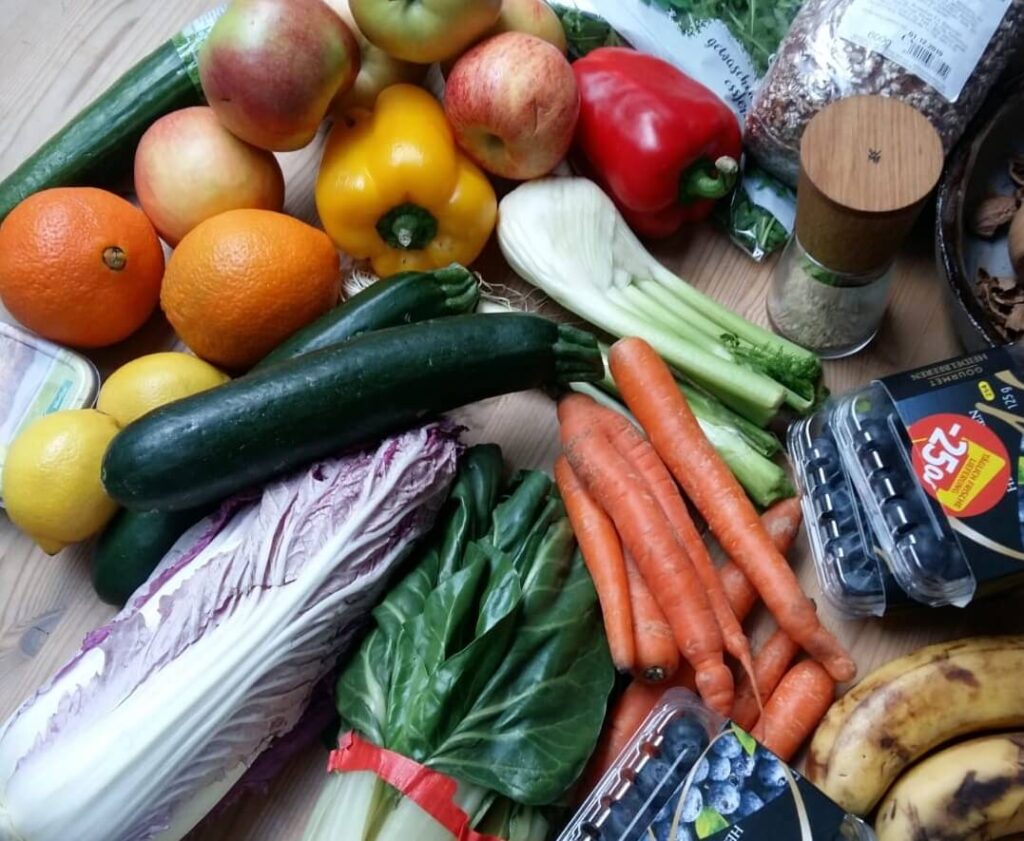
Is that even possible? Well, it is clear that it can happen to anyone once that one or the other fruit, vegetable or yogurt begins to mold or go bad without us noticing. However, if we have a very conscious approach to food, food waste can be kept to a minimum. Today we have valuable tips for you on how to stop wasting food.
We, in Western countries, live in food abundance. Not only that there is always everything in the supermarkets at any time, but also that we can buy products of the best quality – for example, without imprint marks. We find this quote from Global 2000 very meaningful and therefore want to share it with you:
“Around one-third of food, or 1.3 billion tons per year, is thrown away along the value chain worldwide. If the EU estimate of 180 kilograms per inhabitant and year is applied to Austria, that is 150 fully loaded semitrailer trucks full of food that are lost every day.“
And for this reason, we hope that you can and will implement these tips:
Let’s help together and try to implement these tips to counteract food waste and keep it as low as possible!
Sources
https://www.global2000.at/lebensmittelverschwendung
Address:
Gasteigweg 25,
5400 Hallein
Austria
Opening hours:
Monday to Thursday: 09 – 16:00
Friday: 09 – 12:00
Contact:
Phone: +43 6245 83282
E-mail: info@agrisan.at
Address:
Gasteigweg 25,
5400 Hallein
Austria
Opening hours:
Monday to Thursday: 09 – 16:00
Friday: 09 – 12:00
Contact:
Phone: +43 6245 83282
E-mail: info@agrisan.at

